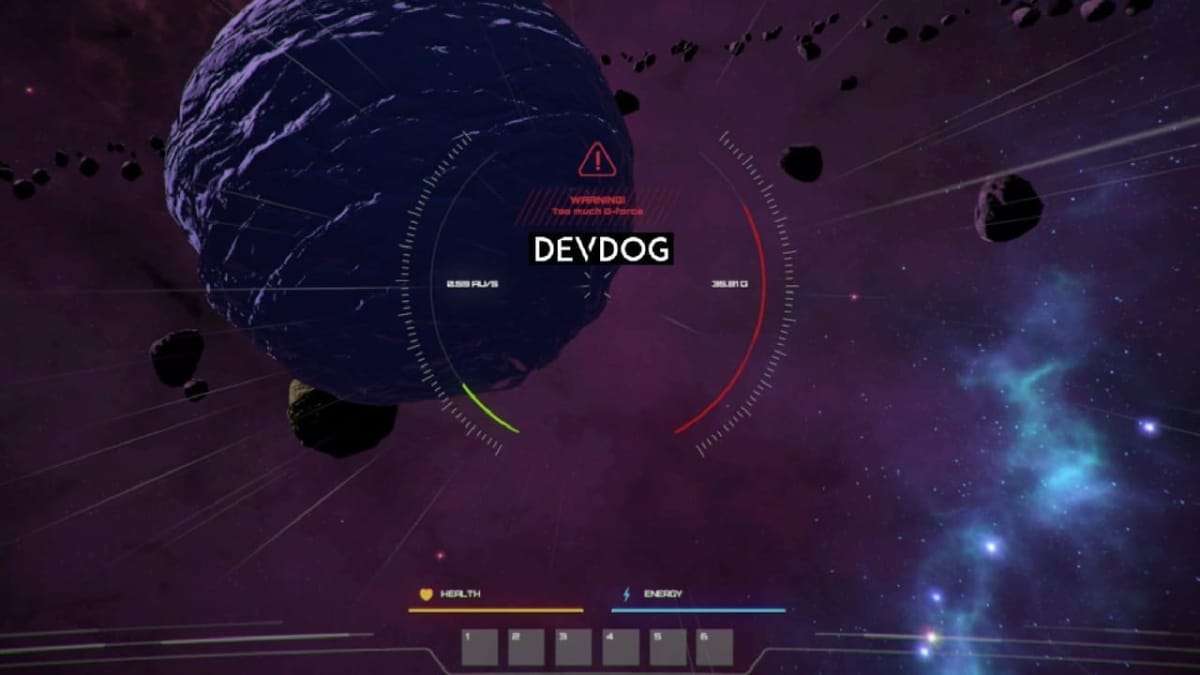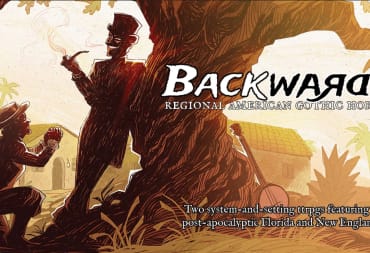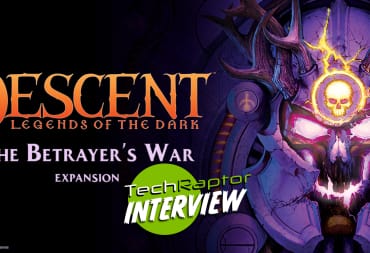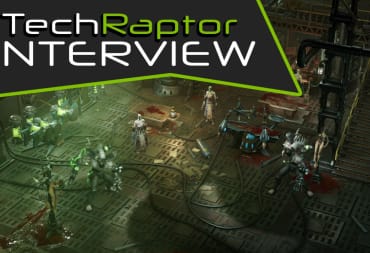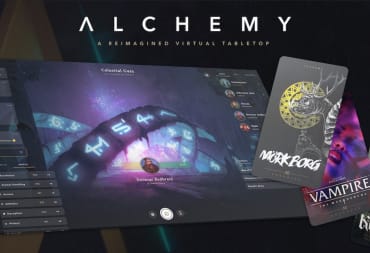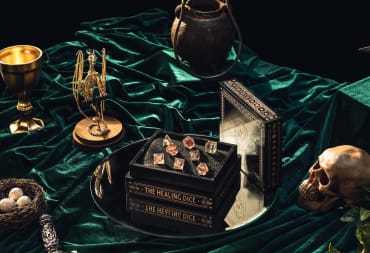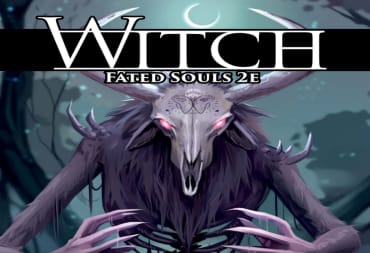After covering their Chrismas Calendar, which is still ongoing, I decided to reach out to the team at DevDog to learn more about them and the Unity asset store community in general. Why do they create assets, how has it changed the industry, and more were all brought up as part of our email exchange that you can read below!
TechRaptor: Can you introduce yourselves and Devdog?
Joris: Absolutely. Devdog consists of Sune and I, a two-man team from Denmark and The Netherlands. I got my start developing websites for clients in The Netherlands before slowly diving into Unity in 2010, whereas Sune has been working on marketing and the business side of things for several years, both through education and in his own companies.
We’ve been developing and selling assets on the Unity Asset Store for almost two years now, the most well-known of which are Inventory Pro and Quest System Pro. In addition to our own assets, we started working with independent game developers and artists in mid-2016 to publish their creations through the Devdog brand. This is done through a typical publishing model, where we utilize the position we have in the market and the channels and relationships we’ve built over the years to help and guide independent developers and artists. They develop a kick-ass product, and we help them sell more of it by taking over the roles they oftentimes despise doing themselves, such as branding, marketing, strategic partnerships, and sales.
TR: What made you interested in developing assets for creation instead of games?
Joris: During a very (very) boring school semester I decided to spend my time a bit more useful and started working on a Unity project, hoping I could sell it on the asset store. I didn’t expect much of it, but the asset soon started selling really well very quickly, and things have just escalated since then. Sune and I go way back, and he has been following the project along the way, but it wasn’t until early 2016 that we really decided to turn on the front burner and dive into publishing as well.
TR: How do you believe the availability of assets to numerous people on engines has impacted the games industry? Where do you see it going in the future?
Joris: As the tools and channels needed for developing and releasing games has become increasingly more accessible to everyone over the past years, it is only natural that we see more independent developers trying their luck. For many smaller teams or even single developers and artists, the asset store is the outlet that allows them to release a game that is of higher quality than if they had had to complete every aspect of the game on their own. With the game engines and assets available today, lacking an audio designer, graphic artists, or even a programmer no longer holds anyone back from releasing a game. This means that more individuals get to express themselves through games, and although there may be a few sour apples among the bunch of games released, these shouldn’t overshadow the many great games that use an asset or two to speed up or entirely make possible their release. In the end, the more accessible the tools and assets for making games become, the more diverse a range of games will be released. And that’s a fantastic thing, as it allows more gamers to enjoy games they feel are made just for them.
TR: When working on assets, what types of holes do you try to fill for potential developers?
Joris: Before we start developing any asset, we always first check to see if an existing similar product already exists on the Asset Store. If it does, and the product is still maintained by its developer, there’s no reason to try and compete, as there are plenty other ideas to start working on. With our code-based assets, we either aim to make sure that even an artists with little to no coding experience can make use of the asset, or we try to make trivial and time-consuming tasks easier for developers. Since every art-based asset is mostly very unique and different from other art assets in the same category, we don’t spend that much time looking at what exists on the market with these products. Instead, we focus on how much the asset should include, and at what price it can be sold.
TR: Do you believe Asset creation could fill a similar role to contract work for smaller developers in helping maintain an income flow while working on bigger projects?
Joris: Definitely! In fact, many of the developers and artists we publish for, chose to work with us for exactly that reason. They can keep a laser-focus on making a great product and once they’re done, they don’t ever have to think about it again, unless it needs an update or bug fix. We take care of all contact with Unity, as well as control marketing and sales activities on a daily basis. The developers and artists, once done with the asset, can thus go back to working on their own bigger project and receive a paycheck every month.
TR: On your page, you mention a philosophy of doing few assets but maintaining them and ensuring they are high quality. What led to that belief, and what sort of assets do you create?
Joris: The philosophy behind every Devdog product is that once the buyer imports and starts playing around with our assets, they should immediately get a sense of how this asset can really help improve their game development. Part of this, of course, is also making sure to provide the buyer with more than he/she expects, such as additional features, a working demo-scene, and extremely quick support.
A natural consequence hereof is that focus on maintaining relatively few, but high quality and well-supported assets. What led to this belief and the above-mentioned philosophy is simply that we always think about ourselves as our own customers. If you ask yourself how you’d like to be treated as a consumer, it becomes clear what you have to do as the seller to ensure a superb purchase experience.
TR: One problem we’ve seen at times is how demos or project templates posted on Asset stores can be misused, in what has been termed an Asset Flip, with the purchaser just uploading the project unchanged onto a store front. What are your thoughts on that situation and what to do about it?
Joris: Asset flipping is horrible, and we, of course, don't approve of this behavior. For this exact reason, the Devdog assets are therefore not complete projects either, but building blocks that can be used to construct your game - rather than a full game in and of itself.
TR: With the negative reception the Asset Flips have received, it has led to a bit of a backlash on using purchased assets, especially art-based ones. How do you believe that can be overcome and addressed?
Joris: That's a tough question. We believe that due to the openness of the Steam platform (which has brought many great things), many new 'developers' try to make a quick buck by throwing together an unfinished game consisting of poorly implemented assets. This causes unfinished projects to get greenlit, which really, really shouldn't. How to fix this? Hopefully, the community will not greenlight fake trailers and start to judge games by their actual gameplay rather than a few fancy visuals.
TR: You do a lot of posts about Unity development tips, either curating them from Twitter or writing your own posts on your blog. How important do you believe the community is to the development scene?
Joris: Huge! The community is what it's all about, and that’s why we do our best to constantly contribute to it too, with tips and tricks, or curation of the best #UnityTips each week. Without the gigantic community that Unity has accumulated over the years, the game engine would never have grown as big as it has now. We love the community and focus on facilitating both information and tools that allow its members to make great games.
TR: Continuing on about the community, you recently launched your Christmas Calendar that has gotten a lot of shares and people signed up for it. Can you tell us about it and how that came to be?
Joris: Around mid-November this year, yes only two weeks before Dec. 1st, a friend of ours suggested that we did a small Christmas calendar for game developers. Sune and I both absolutely loved the idea, and thus started doing the only thing we could possibly think of; contact every single industry partner from fellow Asset Store developers to huge players like Unity themselves, PocketGamer, and many more. Meanwhile, we quickly set up a website, a viral sharing trigger, and set up to distribute all the sponsored keys and vouchers across the days from Dec. 1st till 25th. A lot of work in very little time, but it was all worth it! After a few weeks of too little sleep, we had launched the largest community-sponsored game development event ever, with a total of 500 Unity-related game development presents worth $21,000!
We’re extremely thankful for all the sponsors, and cannot wait to arrange the event again next year. This is only the start of a great game development tradition :)
We'd like to thank Joris for talking with us, and if you have any questions or thoughts about Unity development let us know!
Would you guys like to see more interviews like this? Share your thoughts below.
Have a tip, or want to point out something we missed? Leave a Comment or e-mail us at tips@techraptor.net
